What is Tactical Gear? and is it Legal to Own it?

The use of Tactical gear as “everyday items” is becoming more and more common throughout the United States.
Table of Contents
The changing nature of society and weapons means that owning a simple gun isn’t always enough. Many people want to purchase accessories that fall under the umbrella of “what is tactical gear”, such as body armor, gloves, pouches and so on.
However, laws against carrying guns don’t just apply to weapons themselves. The federal government and some state governments also regulate which types of tactical gear people can and cannot own.
Here is your detailed guide on “What is Tactical Gear” and to the legality of different types of gear.
The History Of Tactical Gear
The term “Tactical Gear” originally emerged as a clever marketing strategy to sell surplus military equipment to a broader audience without labeling it as “military.” This rebranding made the gear more appealing to civilians, hunters, and outdoor enthusiasts. Over time, the demand for tactical gear grew, and top brands saw an opportunity to cater to this expanding market.
Specialized units like the U.S. Federal Bureau of Investigation (FBI) began requesting gear tailored to their specific needs. This specialized gear soon trickled down to regular police forces, first responders, and eventually civilians for sefl-defence. Today, tactical gear is widely used by soldiers, police officers, first responders, hunters, and even outdoor enthusiasts, making up a significant portion of the market.
Tactical gear has evolved over the years, keeping pace with combat tactics and advanced technology changes. Its expansion into the civilian market is a recent trend that shows no signs of slowing down. The demand for innovative tactical gear and the competitive nature of the market will continue to drive the evolution of these products.
What is Tactical Gear?
Tactical gear is a broad term to describe items of clothing or accessories that serve a tactical purpose, such as for hunting, fit tactical gear for survival, or for law enforcement. Most tactical gear items started out as military equipment but were renamed as companies adapted them for civilian use.
Tactical gear is a very broad category of specialized equipment and includes pretty much anything people can wear to assist in their goals. It includes:
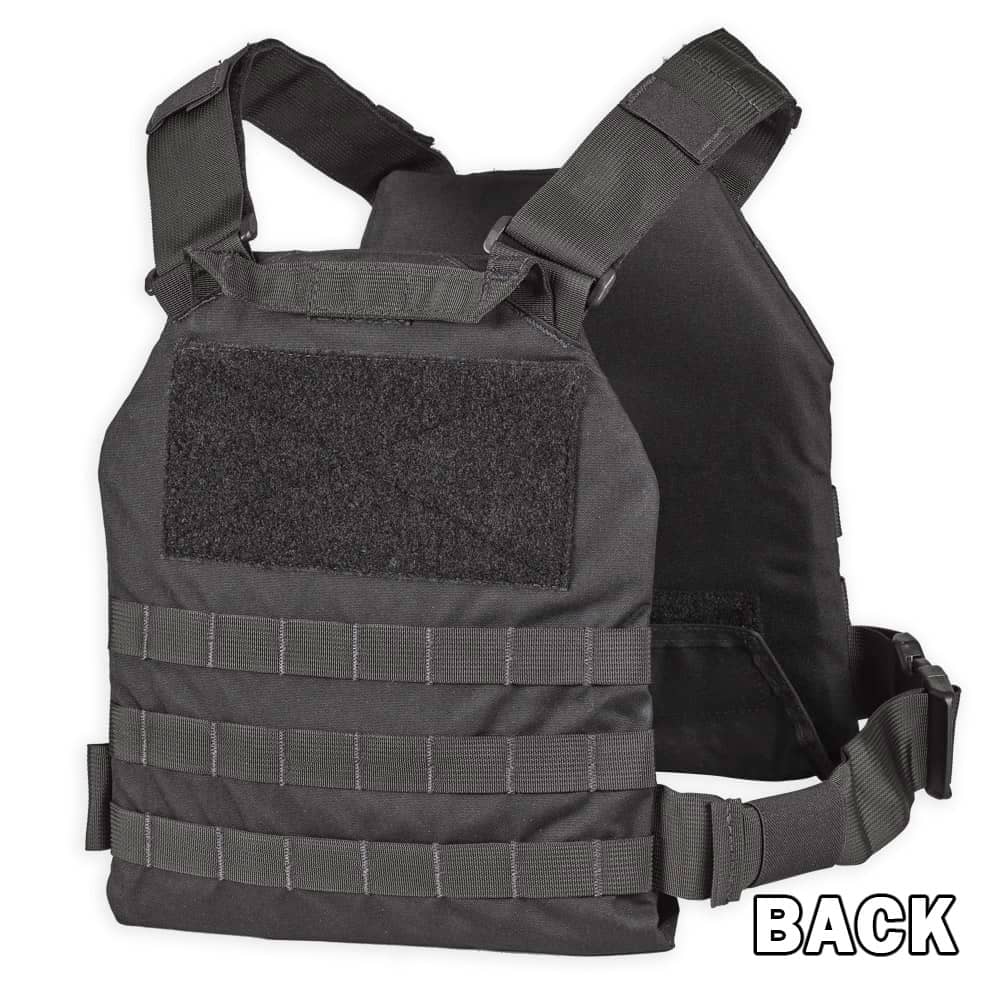
Body Armor
Body armor is any clothing worn to defend against bullets, including bulletproof vests and plate carriers. Body armor started out as military or law enforcement gear but is becoming more popular among civilians.
Plate carriers are a type of armored vest that have inserts for ballistic armor plates protecting the upper body. They are also very practical as they have a plethora of pockets and loop systems to hold all kinds of accessories such as flashlights, radios, med-kits, pouches, etc.
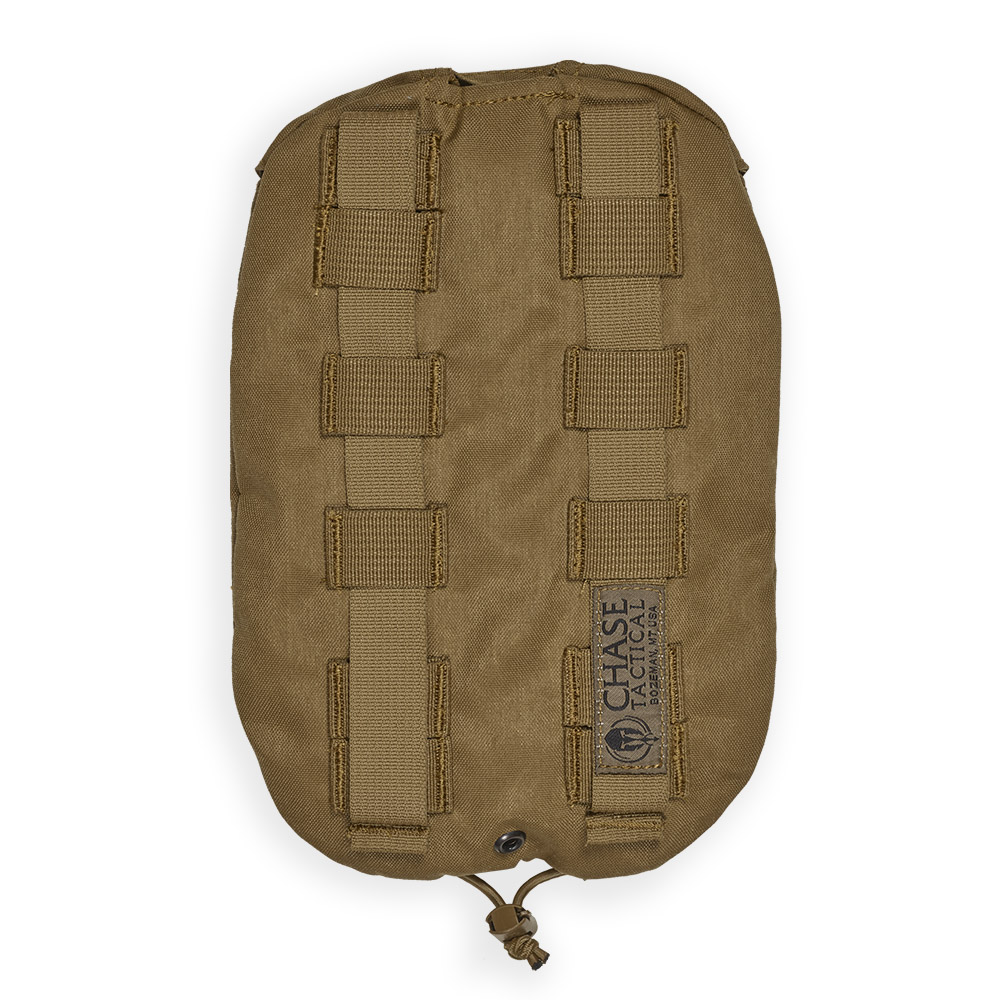
Pouches
Made of very durable nylon, pouches can be an all-purpose bag or for carrying specific accessories such as a hydration pouch.
You can use pouches to store water, food reserves, first aid kits, and, of course, ammunition. Holsters are a type of pouch specifically for holding a pistol. They also fall under the category of nylon gear.
Clothing
Tactical clothing is now trending. Certain types of clothing can fall under the category of tactical gear, and includes apparel that is durable, versatile, and usually made of tough fabrics that can withstand wear and tear.
Examples include t-shirts, cargo pants, belts and even footwear. Also, the term “EDC” or Everyday Carry, includes a number of items that are dubbed “tactical” but have very mundane functions such a wallet, sunglasses, watches, pens, keychains, carabiners, backpacks, etc.
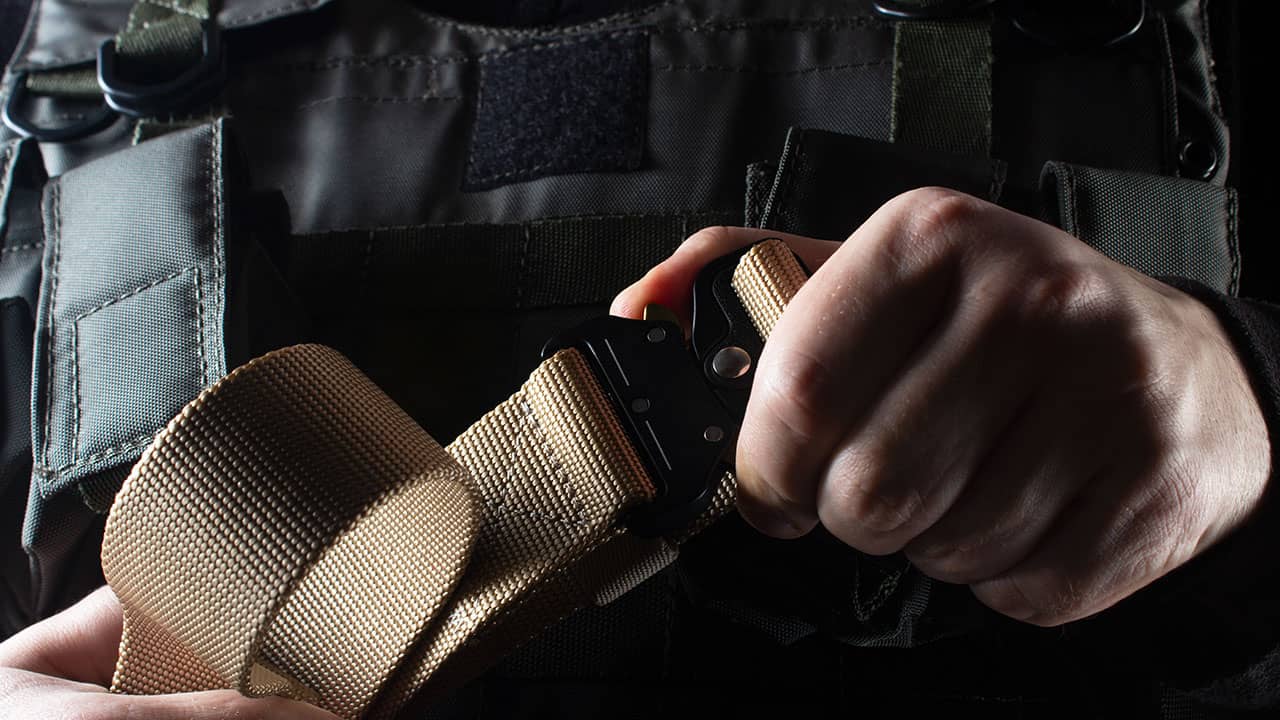
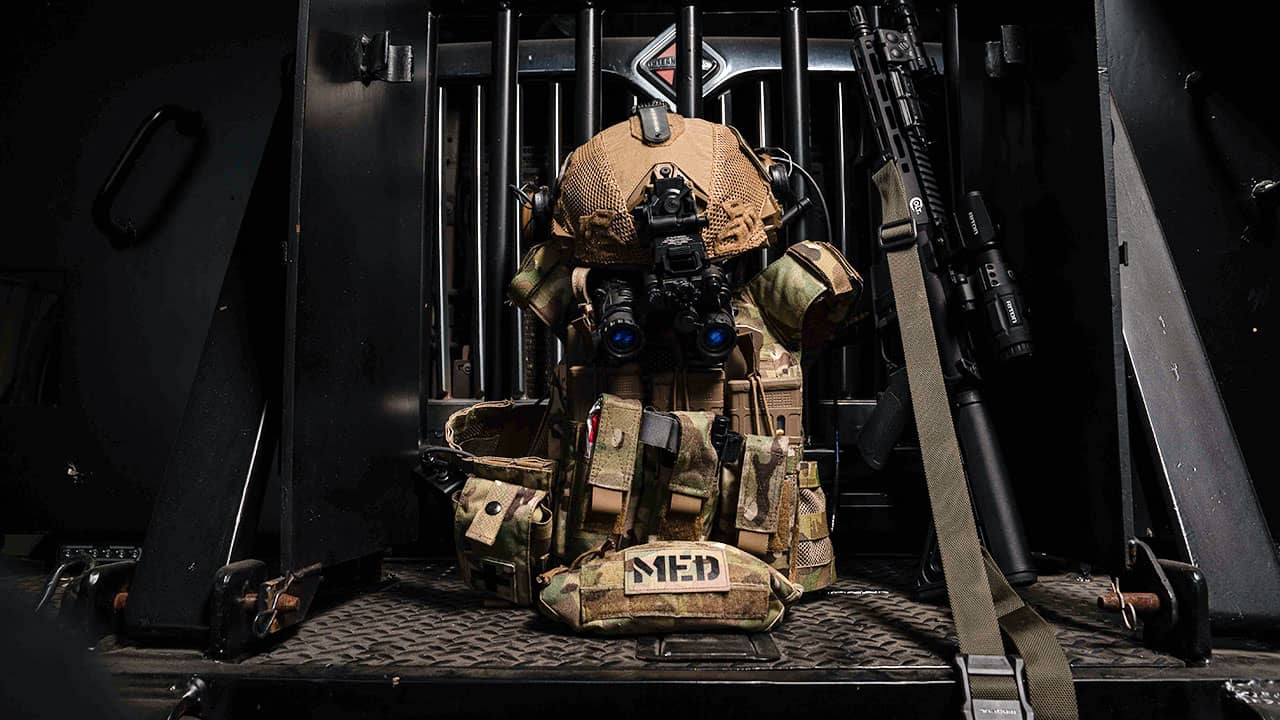
Work Gloves
Tactical work gloves, similar to patrol gloves, are designed to offer a balance of dexterity and protection. This is crucial for handling firearms or performing strenuous tasks in the field. Fingerless gloves are popular for shooters as they provide flexibility while maintaining hand protection.
Eyewear
Tactical eyewear guards against dust, debris, and impact. Good-quality eyewear is often paired with a lens designed for maximum clarity and UV Resistance to create a safe experience in the field.
Shooting Gear
Shooting sports enthusiasts tend to prefer tactical gear specifically made for this activity. This gear could include grip upgrades, shooting vests, holsters, and other accessories. A good grip will improve your time at the range tenfold.
Tactical Bags and Backpacks
Tactical bags are designed to carry all of your essential gear securely. They have touchscreen-compatible compartments for modern devices and are available in various styles, from duffle bags to rucksacks so that you can find the right storage space for all your tools.
Tools
Some people categorize any tools or accessories you can use as part of a tactical kit. This includes (obviously) firearm accessories such as sights, scopes, lasers, and other items such as binoculars, goggles, knives, navigation items and flashlights.
In a nutshell, what is tactical gear? simply any piece of equipment that you use for a purpose, or usually along with a weapon in a whole tactical sense.
It describes a broad category of items that are unified by their durability and extra-strength materials, often nylon, aluminum, or carbon fiber. While it started off as military gear, now anyone can buy these items from manufacturers like Chase Tactical.
What Makes Tactical Gear Special?
Tactical gear is designed with specific features and characteristics that set it apart from regular clothing and equipment. For instance, tactical backpacks, boots, and gloves are not just about fashion—they are built for performance in demanding environments.
Here are some key characteristics that define tactical gear:
Durability
Tactical gear is built to withstand the toughest conditions. Whether it’s military boots, tactical shirts or pants, or gloves, these items are made from durable materials like ripstop fabric, premium leather, and ballistic nylon. Military boots often incorporate ballistic nylon for added strength, while tactical gloves are reinforced with thermoplastic rubber. This durability ensures that the gear can handle the wear and tear of combat and other intense activities.
Concealment
Concealment is a critical feature of tactical gear, especially in combat situations. Stealth is often necessary, and the color and design of the gear play a significant role in this. Tactical uniforms and gear are typically available in dark colors like black, OD green, and camouflage, helping soldiers blend into their environments and avoid detection.
Weapons Accommodation
Tactical gear is often designed to accommodate weapons, whether guns, batons, or knives. The gear must offer discreet storage options. Tactical pants may include gun holsters in the waistband, while certain tactical boots come with a sheath for a small knife. These features allow the wearer to carry weapons securely and discreetly.
Range Of Movement
Mobility is crucial in combat and other tactical situations. Tactical gear is designed to allow a full range of movement, whether running, climbing or other physical activities. For example, a well-prepared bug-out bag or tactical backpack features multiple load-bearing straps for balance on uneven terrain, and tactical pants have strategic gussets to enhance flexibility. This focus on movement ensures that the wearer can perform at their best without being hindered by their gear.
Comfort
Comfort is another important aspect of tactical gear, especially since it is often worn for extended periods. Whether a soldier is on a mission or a police officer is on duty, the gear needs to be comfortable to avoid distractions. Comfortable tactical gear helps the wearer focus on their task, whether navigating challenging terrain or dealing with high-stress situations.
Is It Legal to Own Tactical Gear?
It depends. Technically, anyone can buy tactical gear because it is easily available now, but it is not always legal to own. It’s hard to give a general overview of the legality of owning tactical gear because there are so many types of tactical gear and laws governing its ownership. Plus, regulations differ depending on where you live because different states have different laws.
Is It Legal to Own Body Armor?
Body armor is the most heavily regulated form of tactical gear. That makes sense because it is the closest to military gear. While you can wear tactical clothing and gloves anywhere, and tactical pouches can carry anything, body armor is pretty much exclusively worn if you think you might get into a hairy situation.
Per Section 931 of title 18, United States Code, any US citizen who is 18 or older and has not been convicted of a felony that constitutes a crime of violence can purchase and wear body armor in the USA.
According to Federal Law, 18 U.S. Code § 931, if you are a convicted felon, you cannot “purchase, own, or possess body armor.” That means you cannot go into a store or online shop and buy body armor, have a friend buy it for you, or even hold on to a friend’s body armor in your garage while you help him move. If you are caught violating this law anywhere in the country, then you will have another felony to add to your record.
The only exception is if you have to own body armor as part of your job. For example, some private security firms make their security officers wear body armor for safety reasons. Your company will give you a letter proving that you have body armor because of your job, and you will have to have the letter with you to avoid getting charged.
Some states add further restrictions on owning or using body armor. For example, New York does not allow anyone to purchase “body vests,” which they described as “bullet-resistant soft body armor”. Other states, such as Louisiana, have regulations on the books to ban people from wearing body armor in or around schools.
Finally, check state regulations before purchasing body armor as that might limit your purchasing method. The state of Connecticut bans online sales of body armor and states that all sales have to be completed face-to-face.
Body Armor Law Restrictions by State in the United States of America
This post was updated February 2nd 2023. We try our best to keep it current, please check your state law for the latest information.
Alabama
No special body armor regulations exist in the state of Alabama. Just like federal law states, an adult can purchase and wear body armor and bulletproof vests unless you have a prior felony conviction.
Alaska
No special body armor regulations exist in the state of Alaska. Just like federal law states, an adult can purchase and wear body armor and bulletproof vests unless you have a prior felony conviction.
Arizona
Just like federal law states, an adult resident of Arizona can purchase and wear body armor and bulletproof vests unless they have a prior felony conviction. However, the state of Arizona also has body armor laws that make it illegal to commit a crime while wearing body armor. It’s a class 4 felony that is punishable by up to three years in prison and a fine of up to $150,000.
State of Arizona Body Armor Law
Arkansas
Just like federal law states, an adult resident of Arkansas can purchase and wear body armor and bulletproof vests unless they have a prior felony conviction. However, the state of Arkansas also has body armor laws that make it illegal to commit a crime while wearing body armor.
State of Arkansas Body Armor Law
California
All California citizens have a legal right to protect themselves and their families with body armor and/or bulletproof vests. Only convicted felons are prohibited from purchasing and wearing body armor.
Colorado
All citizens of Colorado have a legal right to protect themselves and their families with body armor and/or bulletproof vests. Only convicted felons are prohibited from purchasing and wearing body armor.
Connecticut
The state of Connecticut has some of the strictest body armor laws in the United States. By law, it is a class A misdemeanor for anyone convicted of specific felonies or a serious juvenile offense to possess body armor.
Online manufacturers and resellers of body armor are prohibited from selling armor to citizens of Connecticut as well. Body Armor can only be purchased in face-to-face transactions.
Because of these state laws, RMA does not allow armor to be purchased by residents of Connecticut through our website, as the transaction would constitute a Class B misdemeanor.
State of Connecticut Body Armor Law
Delaware
Just like federal law states, an adult resident of Delaware can purchase and wear body armor and bulletproof vests unless they have a prior felony conviction. However, the state of Delaware also has body armor laws that make it illegal to commit a crime while wearing body armor.
Florida
Just like federal law states, an adult resident of Florida can purchase and wear body armor and bulletproof vests unless they have a prior felony conviction. However, the state of Florida also has body armor laws that make it illegal to commit a crime while wearing body armor.
Georgia
Just like federal law states, an adult resident of Georgia can purchase and wear body armor and bulletproof vests unless they have a prior felony conviction. However, the state of Georgia also has body armor laws that make it illegal to commit a crime while wearing body armor.
Idaho
Just like federal law states, an adult resident of Idaho can purchase and wear body armor and bulletproof vests unless they have a prior felony conviction. However, the state of Idaho also has body armor laws that make it illegal to commit a crime while wearing body armor.
Illinois
Just like federal law states, an adult resident of Illinois can purchase and wear body armor and bulletproof vests unless they have a prior felony conviction.
There are additional body armor laws in the state of Illinois which state, “Unlawful use of body armor. A person commits the offense of unlawful use of body armor when he knowingly wears body armor and is in possession of a dangerous weapon, other than a firearm, in the commission or attempted commission of any offense.”
If convicted of “Unlawful use of body armor,” it is a Class A misdemeanor.
State of Illinois Body Armor Law
Indiana
Just like federal law states, an adult resident of Indiana can purchase and wear body armor and bulletproof vests unless they have a prior felony conviction.
However, Indiana law does state, “A person who knowingly or intentionally uses body armor while committing a felony commits unlawful use of body armor, a Level 6 felony.”
Iowa
No special body armor regulations exist in the state of Iowa. Just like federal law states, an adult can purchase and wear body armor and bulletproof vests unless you have a prior felony conviction.
Kansas
No special body armor regulations exist in the state of Kansas. Just like federal law states, an adult can purchase and wear body armor and bulletproof vests unless you have a prior felony conviction.
However, in the city of Topeka, it is illegal to “carry, wear, or possess bulletproof vests” during parades, rallies, demonstrations, assemblies and protests.
Kentucky
No special body armor regulations exist in the state of Kentucky. Just like federal law states, an adult can purchase and wear body armor and bulletproof vests unless you have a prior felony conviction.
Louisiana
No special body armor regulations exist in the state of Louisiana. Just like federal law states, an adult can purchase and wear body armor and bulletproof vests unless you have a prior felony conviction.
There is a special statute, however, which states that it is illegal to wear armor on school property or campus during the commission of a crime.
Maine
No special body armor regulations exist in the state of Maine. Just like federal law states, an adult can purchase and wear body armor and bulletproof vests unless you have a prior felony conviction.
Maryland
Just like federal law states, an adult can purchase and wear body armor and bulletproof vests in the state of Maryland.
However, people with a prior “drug trafficking or crime of violence,” is not allowed to possess, purchase or use bulletproof body armor without a permit issued by the Secretary of the Maryland State Police.
State of Maryland Body Armor Law
Massachusetts
Just like federal law states, an adult resident of Massachusetts can purchase and wear body armor and bulletproof vests unless they have a prior felony conviction. The state of Massachusetts also has body armor laws that make it illegal to commit a crime while wearing body armor.
Michigan
Just like federal law states, an adult resident of Michigan can purchase and wear body armor and bulletproof vests unless they have a prior felony conviction.
Minnesota
Just like federal law states, an adult resident of Minnesota can purchase and wear body armor and bulletproof vests unless they have a prior felony conviction.
Mississippi
Just like federal law states, an adult resident of Mississippi can purchase and wear body armor and bulletproof vests unless they have a prior felony conviction.
Missouri
Just like federal law states, an adult resident of Missouri can purchase and wear body armor and bulletproof vests unless they have a prior felony conviction.
Montana
Just like federal law states, an adult resident of Montana can purchase and wear body armor and bulletproof vests unless they have a prior felony conviction.
Nebraska
Just like federal law states, an adult resident of Montana can purchase and wear body armor and bulletproof vests unless they have a prior felony conviction.
Nevada
Just like federal law states, an adult resident of Illinois can purchase and wear body armor and bulletproof vests unless they have a prior felony conviction.
New Hampshire
Just like federal law states, an adult resident of Illinois can purchase and wear body armor and bulletproof vests unless they have a prior felony conviction.
However, if a resident of New Hampshire commits a felony while wearing body armor, they will be charged with a Class B Felony.
State of New Hampshire Body Armor Law
New Jersey
Just like federal law states, an adult resident of New Jersey can purchase and wear body armor and bulletproof vests unless they have a prior felony conviction.
However, if body armor is worn while carrying out a criminal act, it constitutes a crime in itself and will result in separate criminal charges.
State of New Jersey Body Armor Law
New Mexico
Just like federal law states, an adult resident of New Jersey can purchase and wear body armor and bulletproof vests unless they have a prior felony conviction.
New York
As of July 5, the State of New York law constitutes that the unlawful sale of body armor is a class A misdemeanor for the first offense and a class E felony for any subsequent offense. This is why RMA no longer sells body armor to citizens of New York through our website.
“Body armor vendors who engage in the illegal sale and delivery of body vests to anyone who is not employed in an eligible profession, will also face a civil penalty of $5,000 for the first offense and $10,000 for subsequent offenses.”
For residents of New York, the new law also states, “when not being engaged or employed in an eligible profession, the purchase, taking possession of, sale, exchange, giving or disposing of body armor is prohibited.”
The only residents in New York allowed to purchase body armor are as follows:
- Police Officers
- Peace Officers
- Persons in military service in NYS or military or other service for the United States; and
- Such other professions designated by the Department of State in accordance with section 144-a of the Executive Law.
State of New York Body Armor Law
North Carolina
Just like federal law states, an adult resident of North Carolina can purchase and wear body armor and bulletproof vests unless they have a prior felony conviction. The state of North Carolina also has body armor laws that make it illegal to commit a crime while wearing body armor.
North Dakota
Just like federal law states, an adult resident of North Dakota can purchase and wear body armor and bulletproof vests unless they have a prior felony conviction.
Ohio
Just like federal law states, an adult resident of Ohio can purchase and wear body armor and bulletproof vests unless they have a prior felony conviction.
Oklahoma
Just like federal law states, an adult resident of Oklahoma can purchase and wear body armor and bulletproof vests unless they have a prior felony conviction. The state of Oklahoma also has body armor laws that make it illegal to commit a crime while wearing body armor.
Oregon
Just like federal law states, an adult resident of Oregon can purchase and wear body armor and bulletproof vests unless they have a prior felony conviction.
Pennsylvania
Just like federal law states, an adult resident of Pennsylvania can purchase and wear body armor and bulletproof vests unless they have a prior felony conviction.
South Carolina
Just like federal law states, an adult resident of South Carolina can purchase and wear body armor and bulletproof vests unless they have a prior felony conviction. The state of South Carolina also has body armor laws that make it illegal to commit a crime while wearing body armor.
South Dakota
Just like federal law states, an adult resident of South Dakota can purchase and wear body armor and bulletproof vests unless they have a prior felony conviction.
Tennessee
Just like federal law states, an adult resident of Tennessee can purchase and wear body armor and bulletproof vests unless they have a prior felony conviction. The state of Tennessee also has body armor laws that make it illegal to commit a crime while wearing body armor.
Texas
Just like federal law states, an adult resident of Texas can purchase and wear body armor and bulletproof vests unless they have a prior felony conviction.
Utah
Just like federal law states, an adult resident of Utah can purchase and wear body armor and bulletproof vests unless they have a prior felony conviction.
Vermont
Just like federal law states, an adult resident of Vermont can purchase and wear body armor and bulletproof vests unless they have a prior felony conviction.
Virginia
Just like federal law states, an adult resident of Virginia can purchase and wear body armor and bulletproof vests unless they have a prior felony conviction.
However, if anyone who commits a crime of violence who “has in his possession a firearm or knife and is wearing body armor designed to diminish the effect of the impact of a bullet or projectile shall be guilty of a Class 4 felony.”
State of Virginia Body Armor Law
Washington
Just like federal law states, an adult resident of Washington can purchase and wear body armor and bulletproof vests unless they have a prior felony conviction.
West Virginia
Just like federal law states, an adult resident of Washington can purchase and wear body armor and bulletproof vests unless they have a prior felony conviction.
However, “A person who wears or is otherwise equipped with body armor while committing a felony offense, an element of which is force, the threat of force, physical harm to another or the use or presentment of a firearm or other deadly weapon, is guilty of a felony and, upon conviction thereof, shall be confined in a correctional facility for not less than two nor more than ten years or fined not more than $10,000, or both.”
State of West Virginia Body Armor Law
Wisconsin
Just like federal law states, an adult resident of Wisconsin can purchase and wear body armor and bulletproof vests unless they have a prior felony conviction.
Like many states, Wisconsin has addition body armor law that makes it illegal to wear body armor when committing a felony.
State of Wisconsin Body Armor Law
Wyoming
Just like federal law states, an adult resident of Wyoming can purchase and wear body armor and bulletproof vests unless they have a prior felony conviction.
Washington D.C.
Just like federal law states, an adult resident of Washington D.C. can purchase and wear body armor and bulletproof vests unless they have a prior felony conviction.
Is It Legal to Own Plate Carriers?
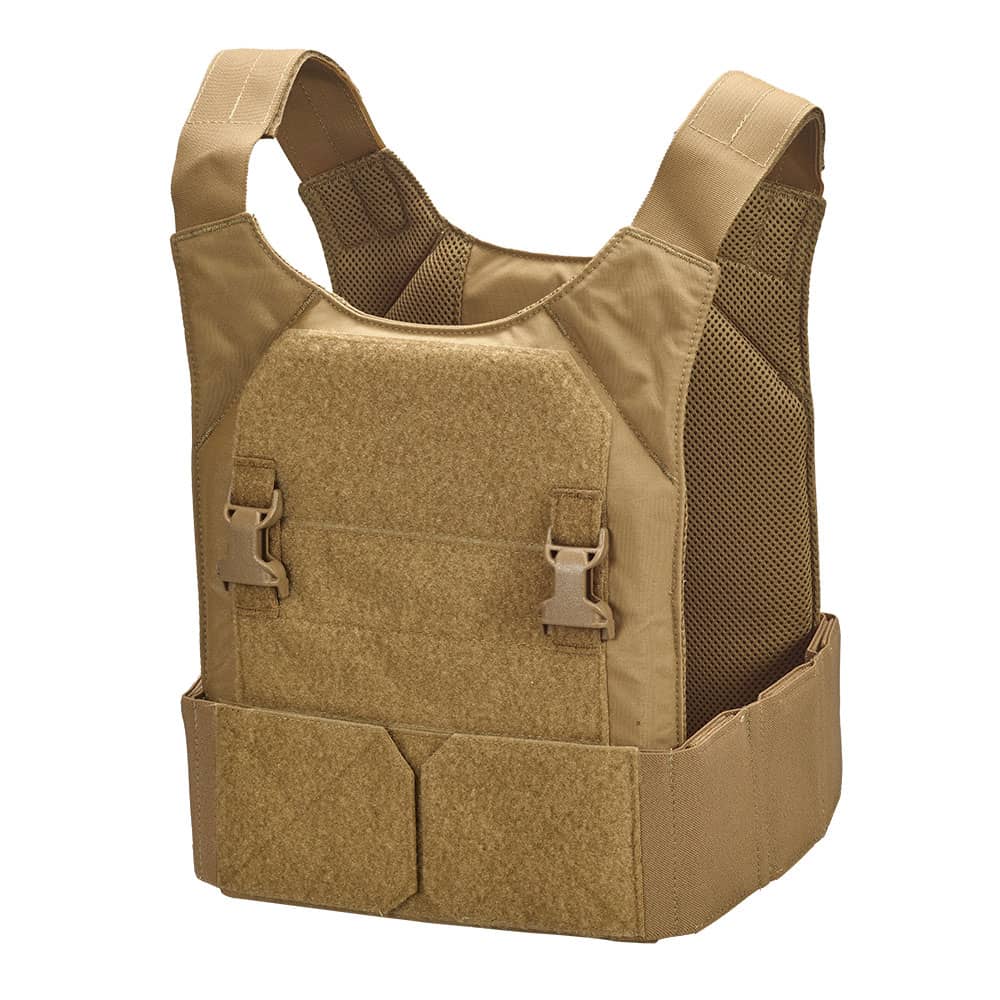
Chase Tactical Low-Vis Plate Carrier Elite (LVPC-E)
Our Low-Visibility Plate Carrier (LVPC) is an ultra-low profile slick plate carrier that is fully adjustable on the shoulders for size, comfort and protection.
Plate carriers fall under the category of body armor and usually have the same regulations. So if you’re over 18 and NOT a felon, you can buy plate carriers.
However, some laws are a bit confusing because they don’t have language that includes plate carriers. For example, New York made it illegal to wear body armor in certain situations, but the language in the law specified bulletproof vests, not plate carriers. It’s best to err on the safe side and assume any regulations on body armor will apply to plate carriers as well.
Is It Legal to Own Nylon Products Such as Pouches?
Yes, it is 100% legal to own tactical nylon products such as shotgun shell pouches , dump pouches, and molle radio pouches. However, when it comes to ammunition pouches, the problem will be what’s in the pouch, not the tactical gear itself.
Some states limit what type of ammunition and how much of it a civilian can have at once. The pouches are fine, but read up on local laws before stuffing yourself with pistol clips.
Is It Legal to Own Tactical Clothing?
Of course, it is 100% legal to own tactical clothing. In the United States, nobody can stop you from wearing whatever you want to wear, and that includes cargo pants, T-shirts, and so on.
You only have to be careful if you are going on an international vacation. Some countries make it illegal for anyone besides local law enforcement and military personnel to wear tactical clothing and camouflage, so leave your military-style cargo pants at home.
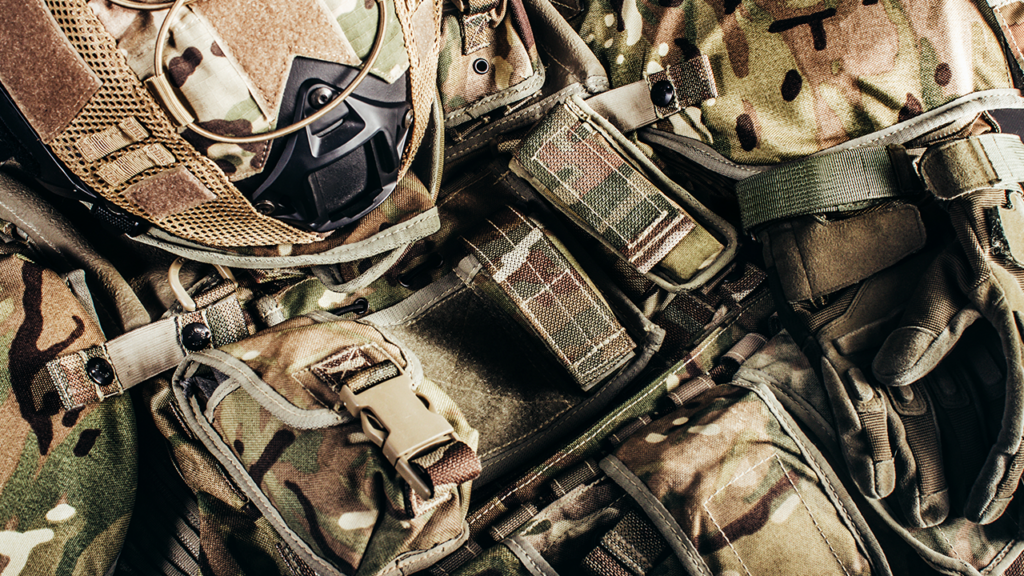
Is It Legal to Own Protective Gear and Tools?
Yes, tactical gear that falls under the category of protective gear and tools is perfectly legal. This includes helmets, padding, gloves, flashlights, and more. It’s just up to you to decide if it is appropriate to wear this gear in certain situations.
Our 2 cents.
Thank you for reading our post about what is Tactical gear, its legality in the US and how important it is for protecting yourself completely, whether you are a soldier, police officer, or civilian. Most tactical gear is perfectly legal for anyone to own. The biggest exception is body armor, which is illegal for felons to own on a federal level and subject to more restrictions in each state.
If you liked this article, or hated it, please let us know in the comments below.
Frequently Asked Questions
Why Do People Purchase Tactical Gear?
People invest in tactical gear to prioritize their safety, efficiency, and overall readiness. This gear provides enhanced protection against various threats, such as gunfire or physical confrontations, which can be life-saving in high-risk situations.
Who Uses Tactical Gear?
Tactical gear refers to specialized equipment designed for specific functions, often used by professionals in law enforcement, the military, and emergency services. Unlike regular clothing and accessories, tactical gear is engineered to meet the demands of these challenging environments.
What is Tactical Gear?
Tactical gear includes work gloves, patrol gloves, eyewear, and bags designed for durability and functionality in high-stress situations. It offers dexterity, grip, and protection, with features like touchscreen compatibility and breathable materials for comfort.
Is Tactical Gear Legal to Own?
Owning tactical gear such as multicam backpacks and patrol gloves is legal in most countries like the UK, Canada, and Germany. However, items like body armor or tactical knives may be restricted, so always check local laws before ordering.
Can I Use Tactical Gear for Outdoor Activities?
Yes! Tactical gear is perfect for shooting, hiking, or camping outdoor activities. Items like work gloves and patrol gloves provide excellent dexterity, grip, and comfort, ensuring you're prepared for any environment.

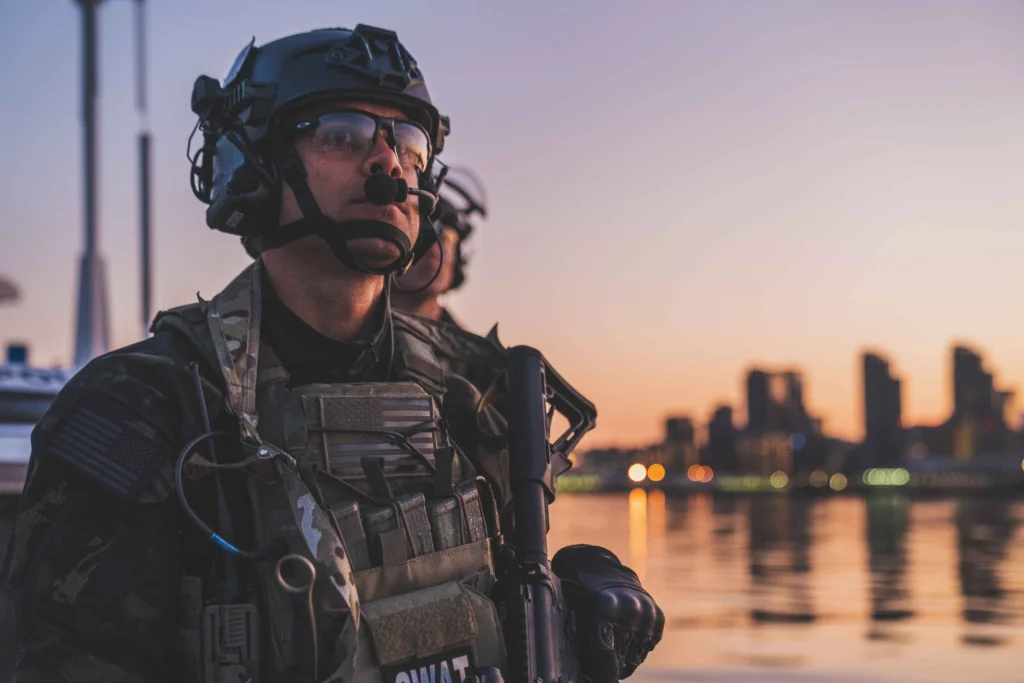
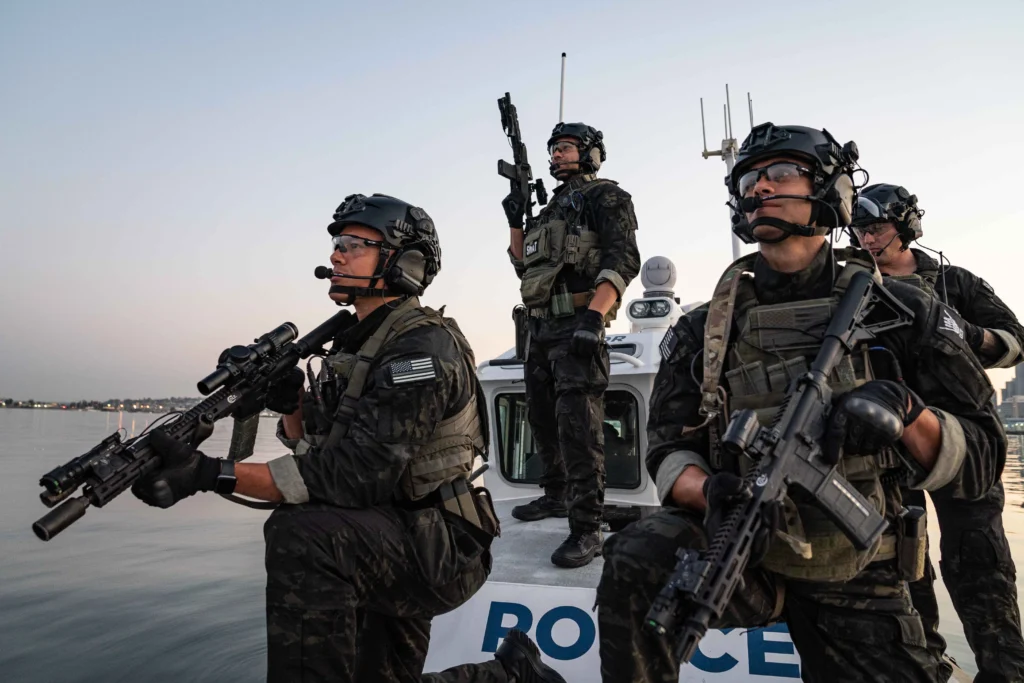
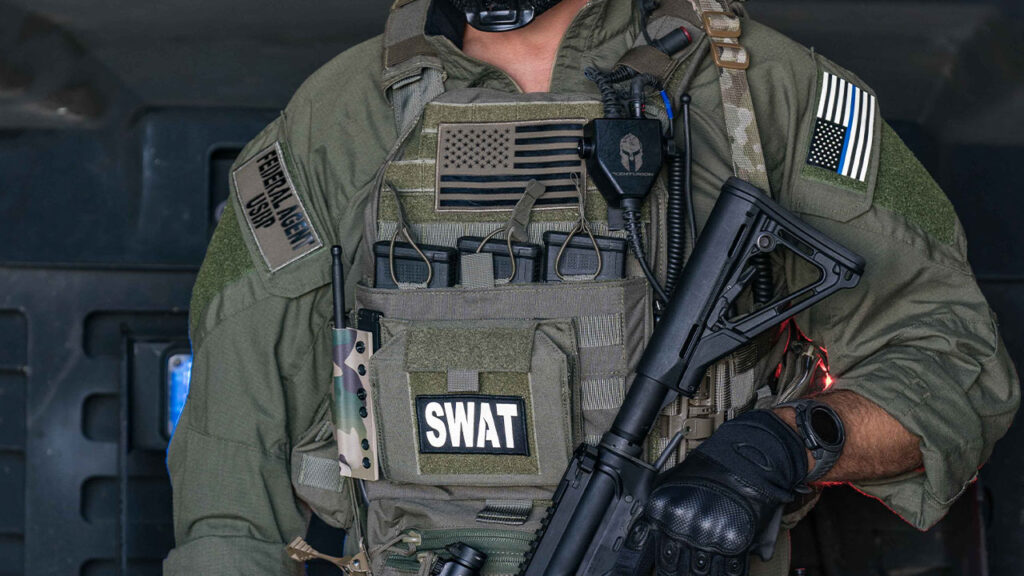
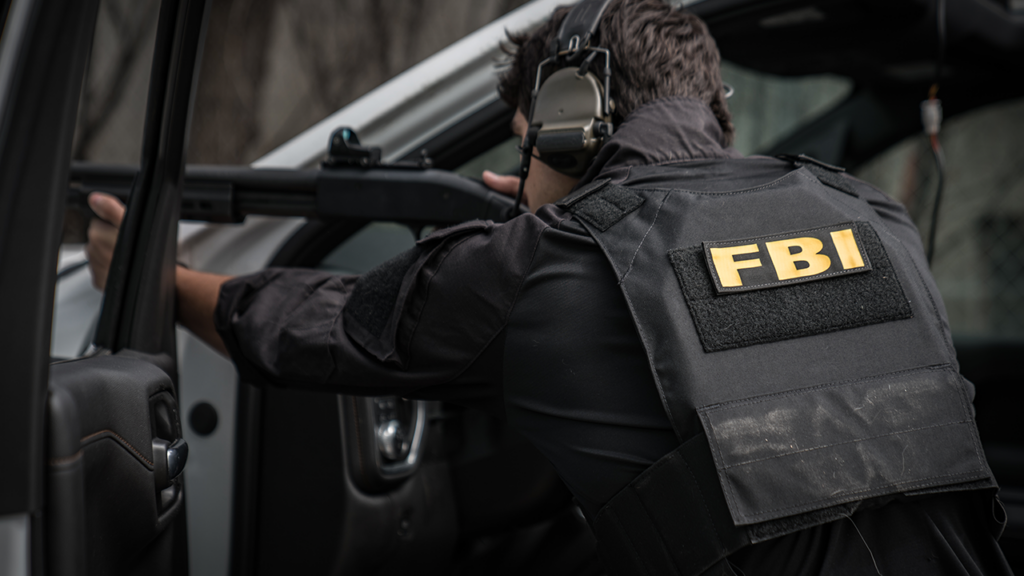
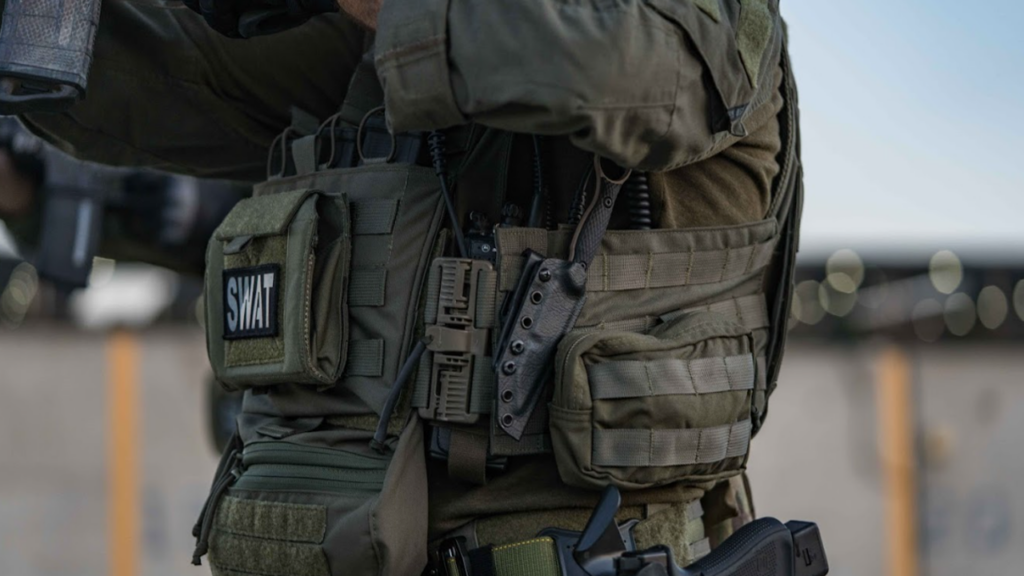
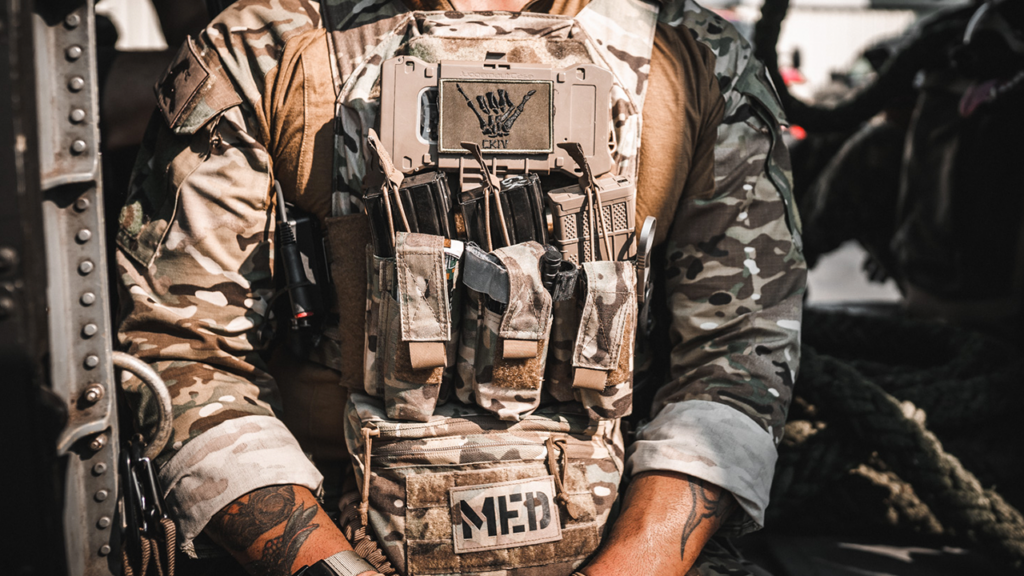
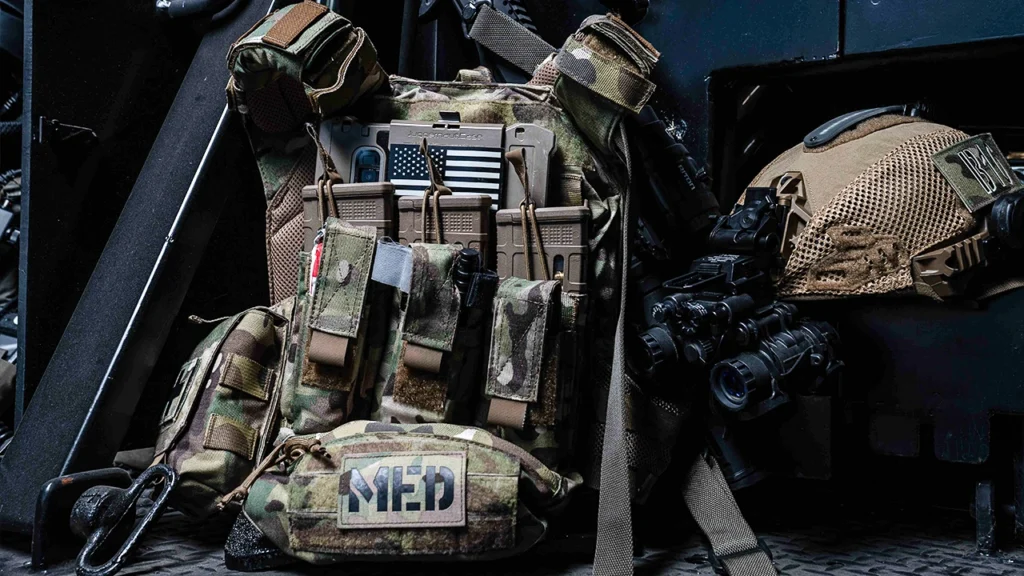
One thought on “What is Tactical Gear? and is it Legal to Own it?”
Comments are closed.